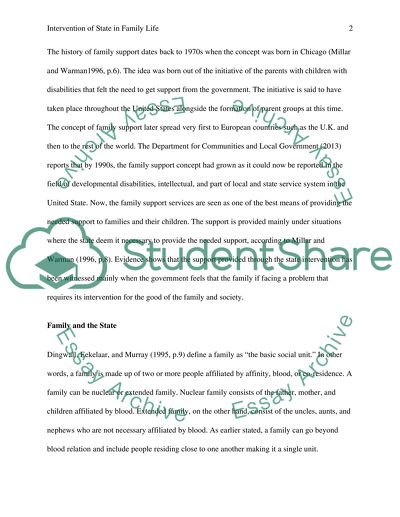Cite this document
(“Does the state have a responsabilty to intervene in family life where Essay”, n.d.)
Retrieved from https://studentshare.org/sociology/1482693-does-the-state-have-a-responsabilty-to-intervene
Retrieved from https://studentshare.org/sociology/1482693-does-the-state-have-a-responsabilty-to-intervene
(Does the State Have a Responsabilty to Intervene in Family Life Where Essay)
https://studentshare.org/sociology/1482693-does-the-state-have-a-responsabilty-to-intervene.
https://studentshare.org/sociology/1482693-does-the-state-have-a-responsabilty-to-intervene.
“Does the State Have a Responsabilty to Intervene in Family Life Where Essay”, n.d. https://studentshare.org/sociology/1482693-does-the-state-have-a-responsabilty-to-intervene.


